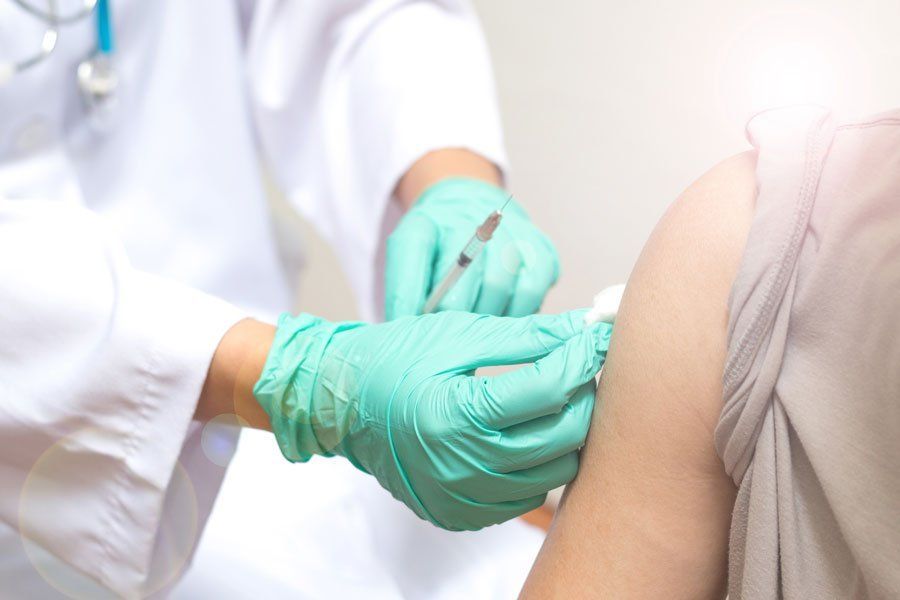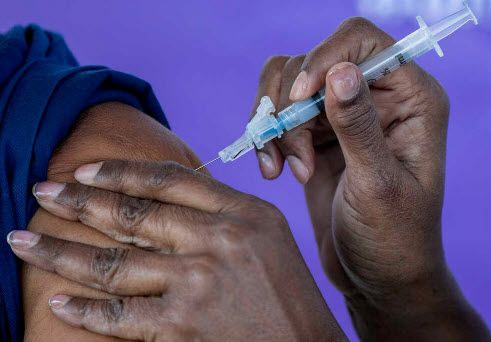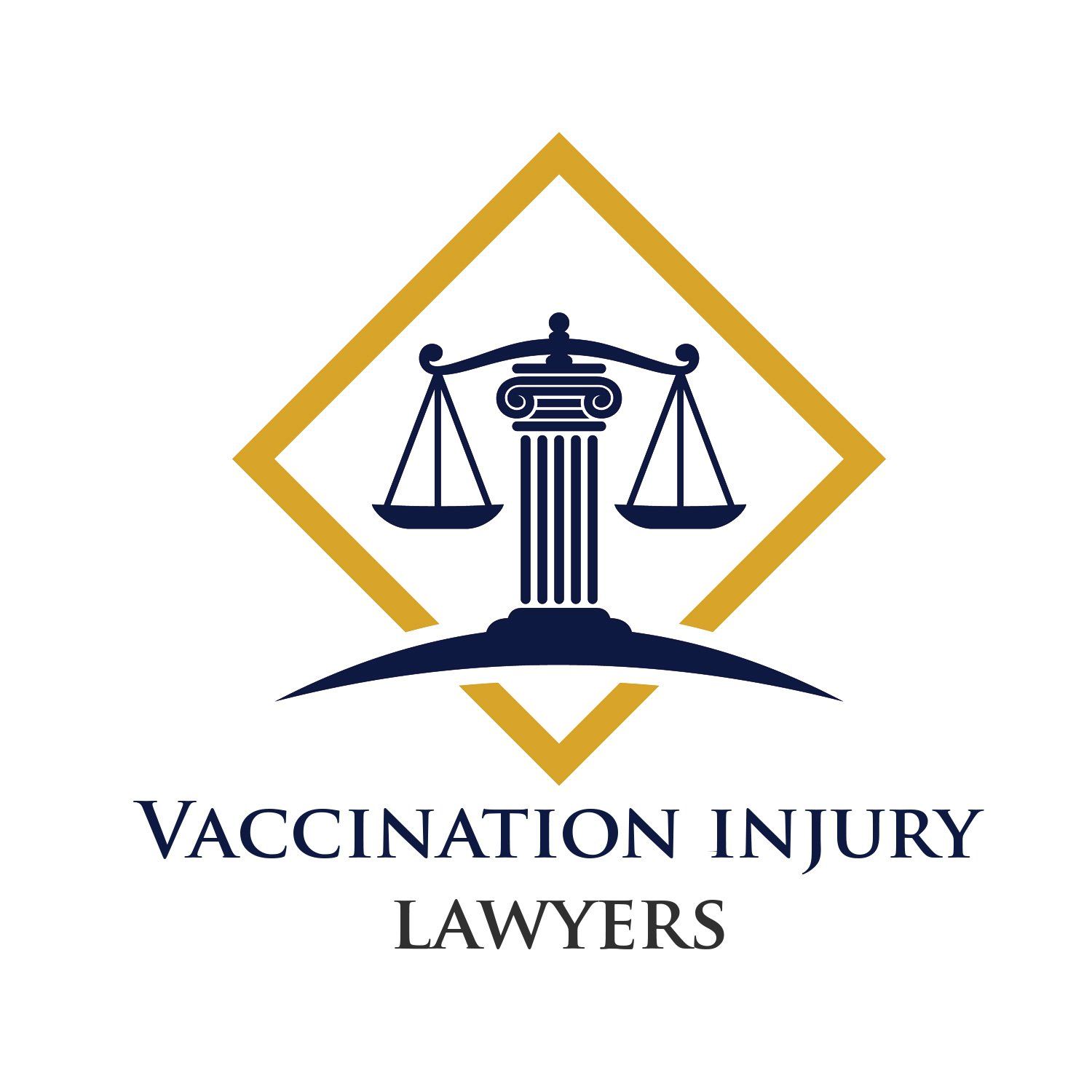3 Reasons Parents Give for Not Vaccinating Their Children
November 19, 2019

Vaccines are often considered
one of the most important medical advances in history. Since the first attempt to vaccinate against the smallpox virus in 1796, vaccines have been successful in saving millions of lives.
Thanks to vaccinations, people were spared from getting cholera, tuberculosis, and other deadly diseases. Despite the success of vaccinations, some parents are choosing not to vaccinate their children, with an increasing number of children going unvaccinated.
The debate between parents who choose to vaccinate and those who don't has become one of the fiercest debates over social media and elsewhere. For proponents of vaccinations, it may be hard to understand why parents don't vaccinate their children. So what exactly are their reasons for choosing not to vaccinate? Here are three reasons parents give for not vaccinating their children.
Reason 1: Vaccinations Contain Harmful Ingredients
Vaccines contain much more than antigens. They also contain adjuvants, antibiotics, preservatives and stabilizers. Parents who choose not to vaccinate say that the ingredients used to make the adjuvants, preservatives, and stabilizers are harmful. These harmful ingredients include:
- Thimerosal (contains mercury)
- Formaldehyde
- Aluminum
Because of the concerns regarding thimerosal, vaccine companies only use this ingredient in the influenza vaccine, and parents have the option to get a flu vaccination that does not contain this ingredient. The small amounts of formaldehyde and aluminum have been deemed safe for children. Other ingredients that some parents are concerned about include antibiotics and gelatin.
The primary concern is that some people are allergic to these ingredients. According to vaccine manufacturers, no allergic reaction
to vaccinations has been traced back to antibiotics. Children who are allergic to gelatin can seek other options. However, allergic reactions to gelatin is extremely rare.
Reason 2: Vaccines Can Cause Injury
Although rare, vaccine injuries do happen. Over 3 billion immunizations were administered to children in the United States between 2006 and 2016. Despite the high number of immunizations, there were only 19,772 claims
filed with the National Vaccine Injury Compensation Program (VICP) over a thirty-year period.
The vaccinations responsible for the most reported injuries included vaccines for seasonal influenza, Diptheria-Tetanus-Pertussis (DTP), Measles, Mumps and Rubella (MMR), and Hepatitis B. Some of the most adverse reactions associated with vaccines include:
- Anaphylaxis
- Brachial neuritis
- Shoulder injury related to vaccine administration (SIRVA)
- Encephalitis
- Paralytic polio
- Guillain-Barré Syndrome (GBS)
Some parents also believe that the MMR vaccination causes autism. The scientific community has refuted this claim, but it continues to be a concern for parents.
Reason 3: Pharmaceutical Companies Are Not Trustworthy
Some parents simply don't trust the pharmaceutical companies that make the vaccines. Besides not trusting pharmaceutical companies, who are often referred to as big pharma, some parents don't trust the health care system. Many parents are incensed that aggressive marketing by pharmaceutical companies has contributed to the country's opioid epidemic.
They are also upset because many life-saving medications aren't affordable. Anti-vaccination activists believe that pharmaceutical companies only desire money, not to help people become healthier.
The marketing is also often seen as deceptive. These companies spend billions of dollars on marketing their medications, many of which have negative side effects. The fact that vaccine manufacturers are exempt from liability when vaccine injuries occur is one more reason parents don't trust them.
This lack of trust has led some parents to forgo vaccinations altogether for both themselves and their children. Instead, they choose more homeopathic ways of protecting their children from infectious diseases.
For many parents, these are all valid reasons not to vaccinate their children. For parents who have concerns or questions on how to protect their children from the potentially negative effects of vaccines, they can contact Vaccine Injury Lawyers.

Explore Texas DWI laws, including legal BAC limits, penalties for first-time and repeat offenses, and the consequences of refusing a breath or blood test. Learn about enhanced penalties for high BAC levels, the importance of ignition interlock devices, and rules for driving with a child passenger. This guide highlights the critical details you need to stay informed about Texas DWI regulations and potential legal repercussions.
You may have heard that Autism Spectrum Disorder can result from vaccinations. Read this blog to learn where this myth came from and why it's incorrect.
If you're expecting a child or planning a pregnancy, you may be wondering if and why the COVID-19 vaccine may be recommended. Read to learn all about it.
Even though vaccines are effective, some are reluctant to get vaccinated. Learn the facts about vaccination and how it protects communities.

Shoulder injuries following all types of vaccinations are becoming more common as vaccination numbers remain high. Inflammation of the injected shoulder can cause severe pain, limited motion, and other symptoms that last months or years. Sometimes, surgery is even required. Compensation for these specific injuries is available. For a more in-depth analysis of what a SIRVA is and how it occurs, check out the following article. Click Here .
With technology taking center stage in the medical industry, vaccines help to protect billions. Learn about the common vaccine types in existence today.
Estate planning with Alzheimer's or dementia can be challenging, especially as the condition progresses. See some tips to help if you are in this situation.
Every year, a percentage of individuals develop Guillain-Barré Syndrome (GBS) after getting the flu vaccine. Learn about this illness and its vaccine link.
Some parents question if the shot is worth it and safe. Read on to learn about chickenpox vaccine safety and what to do in case of side effects.

